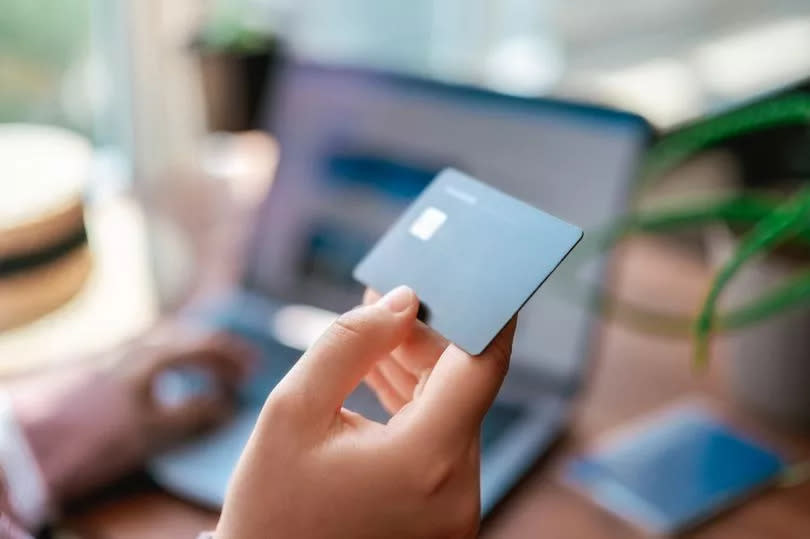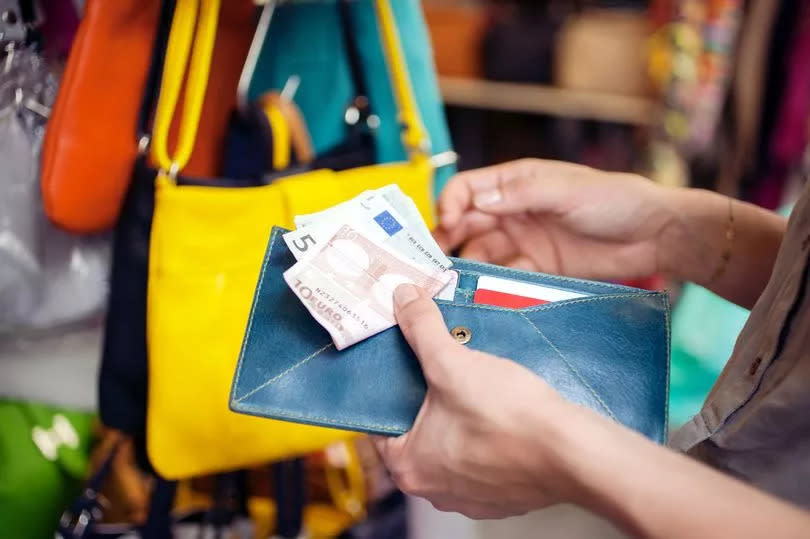What is a pre-paid card and what are the benefits of using it whilst travelling on holiday?

The holiday season is upon us and whilst people often will think about the cost of accommodation and flights, there's also the cost of spending money. Thankfully, there are ways to avoid overspending and being hit with hefty fees by using a pre-paid card.
Also called 'currency cards', it allows you to load money in pounds and spend in another currency without costing an extra penny for converting to another currency. So what should you know about pre-paid cards and can you use them on your holiday this year? Hers is what you nee to know.
What is a pre-paid card?

You can add a certain amount on a pre-paid card, as the name suggests, to spend when on holiday. This means if you load £200 for spending money onto your card, you won't go over the limit or be charged as you would be with a credit card.
Prepaid cards are usually issued by networks like Visa or Mastercard. Because of this, they can be used in a number of places across the globe, as well as online, just like a debit or credit card.
Whilst you should be able to use your card at most ATMs abroad, unless stated otherwise, car hire firms, hotels and petrol stations will likey not accept the cards.
Why would I need a card rather than cash or my debit card?
A benefit to using a card is if you don't like the thought of carrying cash or leaving some in your room as you go out. Some debit cards also charge a fee for using it abroad.
What type of pre-paid cards are there?

According to moneysavingexpert.com (MSE), there are two types of cards that you can go for when it comes to travelling.
Multi-currency cards: These cards enable you to load multiple currencies onto a single card. This is good as if you are travelling to more than one destination, you're all set to go. And it allows you to secure an exchange rate in advance.
Prepaid sterling cards: With this card, you can load pound sterling and when you make purchases abroad, it converts into the local currency usually within a few days. Whilst there could be a simpler option, although the foreign exchange rate isn't known, unlike a multi-currency card.
Will I be charged interest or a fee for using a pre-paid card?

Depending on which card you opt for, providers will either use the 'interbank rate' (the rate banks charge one another), the rate set by Mastercard or Visa, or one of these alongside the card provider's foreign exchange fee added - often between one per cent and 2.5 percent.
There are some fees you will need to read up on before committing to one. As stated by Which?, there are some providers who charge application fees. This can range anywhere from a fiver up to £10 usually.
There are card fees the experts warn you need to be aware of such as providers who charge monthly fees to have the card which can be as much as a fiver a month. So what other fees are there that you might come across?
Top-up fees: By using a credit card to top up your prepaid card, you might incur a fee. It's best to top up with your debit card or it will be classed as a 'cash transaction'. In this case, your credit card provider could charge you a fee and interest.
UK and foreign ATM withdrawal fees: Some prepaid cards incur charges for ATM use abroad, typically ranging from £1.50 to £2 per withdrawal. However, some providers may waive the fee for withdrawals above a specified amount. To avoid multiple fees, it's advisable to plan your spending before travelling and withdraw cash in a single transaction.
Cross border fees: If you use your card for a transaction that's not in your card's currency, you could be charged a fee of around 2.75 per cent.
Inactivity fees: If you don't use your card within 12 months, you could face a fee with some providers charging around £2 a month.
Replacement fees: Pre-paid cards can come with an expiration date. If this passes, you may need to pay a fee, of around £5, to renew it.
Redemption fees: Sometimes we take money abroad and we don't spend it all. To get this money back, some providers will charge a fee. Because of this, you should only load what you plan to spend.
Which? caution that there is no Section 75 protection on purchases over £100.
Where can I buy pre-paid cards from?
You can buy a prepaid card from some high street banks, credit unions, newsagents and at the Post Office. You can also buy them online.

 Yahoo News
Yahoo News 
